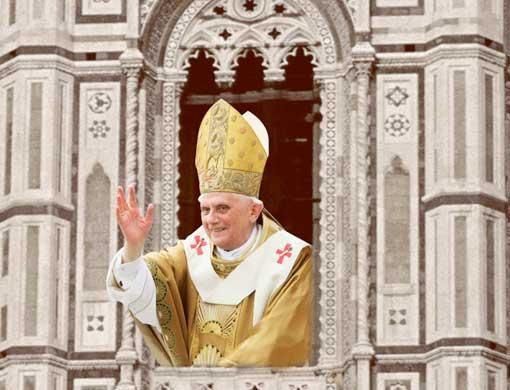During an interview decades ago in Beirut with Sir Zafrullah Khan, the eminent Pakistani jurist and onetime president of the International Court of the Justice at the Hague, he corrected my spelling, saying it is "Muslim" and not "Moslem" as I wrote in my notebook. The latter spelling, which has a "z" sound, is very much like an Arabic word that means "darkness", he pointed out.
That same evening, while I was reading the Associated Press ticker at my Beirut paper, I noticed that the uprising against French rule in Algeria, which then was considered part of France, was described as being waged by "Algerian Moslems", or Musulmans in French, a term that was not used in the Arab press. To be fair, it occurred to me, the French troops should then be identified as French Christian troops or we should drop the religious affiliation of either party. We settled on identifying them as Algerians as opposed to the colons, the term used to describe the French settlers. More often than not they were described as Algerian resistance fighters or Algerian nationalists.
I recall these two examples to cite continued western insensitivity to Muslims then and now as once again has been the regrettable and insulting incident precipitated by Pope Benedict XVI during his talk last week at Germany's University of Regensburg in which he quoted a medieval description of Islam as "evil and inhuman".
Quote
Without then disassociating himself from this view he quoted a Byzantine Christian emperor as telling a Persian scholar, "Show me just what [Prophet] Mohammad [PBUH] brought that was new, and there you will find things only evil and inhuman, such as his command to spread by the sword the faith he preached."
After the outcry that followed, particularly in the Muslim and Arab worlds, the pontiff said belatedly that he felt "deeply sorry" for the reactions over the quotations which he said do not "in any way express my personal thought".
In his talk, the Pope, who usually writes his own speeches, also discussed the Islamic concept of jihad, which he defined as "holy war", and said that violence in the name of religion was contrary to God's nature and to reason.
The Pope, a former theology professor and enforcer of Vatican dogma, had intended his speech to be "an invitation to frank and sincere dialogue, with great mutual respect", but he obviously failed since Muslims and many others saw it as insulting and disrespectful. One of its unprecedented consequences has been the surprising attacks on seven Christian churches in the Palestinian areas since relationships between Palestinian Christians and Muslims have always been considered exemplary.
What made the Pope's provocative remarks most intolerable was that they came on the heels of US President George W. Bush's criticism of what he called "Islamic Fascists", thus putting the Catholic leader on the side of the American president who is not very popular in the Arab and Muslim worlds. It also follows the ugly episode of the Danish cartoonists, who published offensive caricatures of Prophet Mohammad (PBUH).
Arabic saying
As the Arabic saying goes, the Pope like the camel does not see the hump on his back.
"Our Islamophobia," writes Karen Armstrong, a much-respected Muslim scholar (A Short History of Islam), "dates back to the time of the crusades and is entwined with our chronic anti-Semitism."
She continues: "Some of the first crusaders began their journey to the Holy Land by massacring the Jewish communities along the Rhine valley; the crusaders ended their campaign in 1099 by slaughtering 30,000 Muslims and Jews in Jerusalem."
There is no doubt that some Muslim extremists have given a bad name to Islam but it is wrong to place all Muslims in one basket, much as it is unfair to see all Christians through one lens. The rise of Islamic militancy followed the failure of Arab nationalism to unite all Arabs under one banner as the popular Egyptian leader Jamal Abdul Nasser had hoped.
"The extremism and intolerance that have surfaced in the Muslim world in our day," Armstrong, a one-time nun, writes perceptively, "are a response to intractable political problems oil, Palestine, the occupation of Muslim lands, the prevalence of authoritarian regimes in the Middle East and the West's perceived "double standards" and not to an ingrained religious imperative."
Pope Benedict should not miss an upcoming opportunity to inject some much-needed rationality into any interfaith dialogue when he makes his scheduled trip to Turkey next month a trip that now may be hanging in balance after his inelegant statements and his earlier opposition to Turkey's membership in the European Union.
George Hishmeh is a Washington-based columnist. He can be contacted at ghishmeh@gulfnews.com









